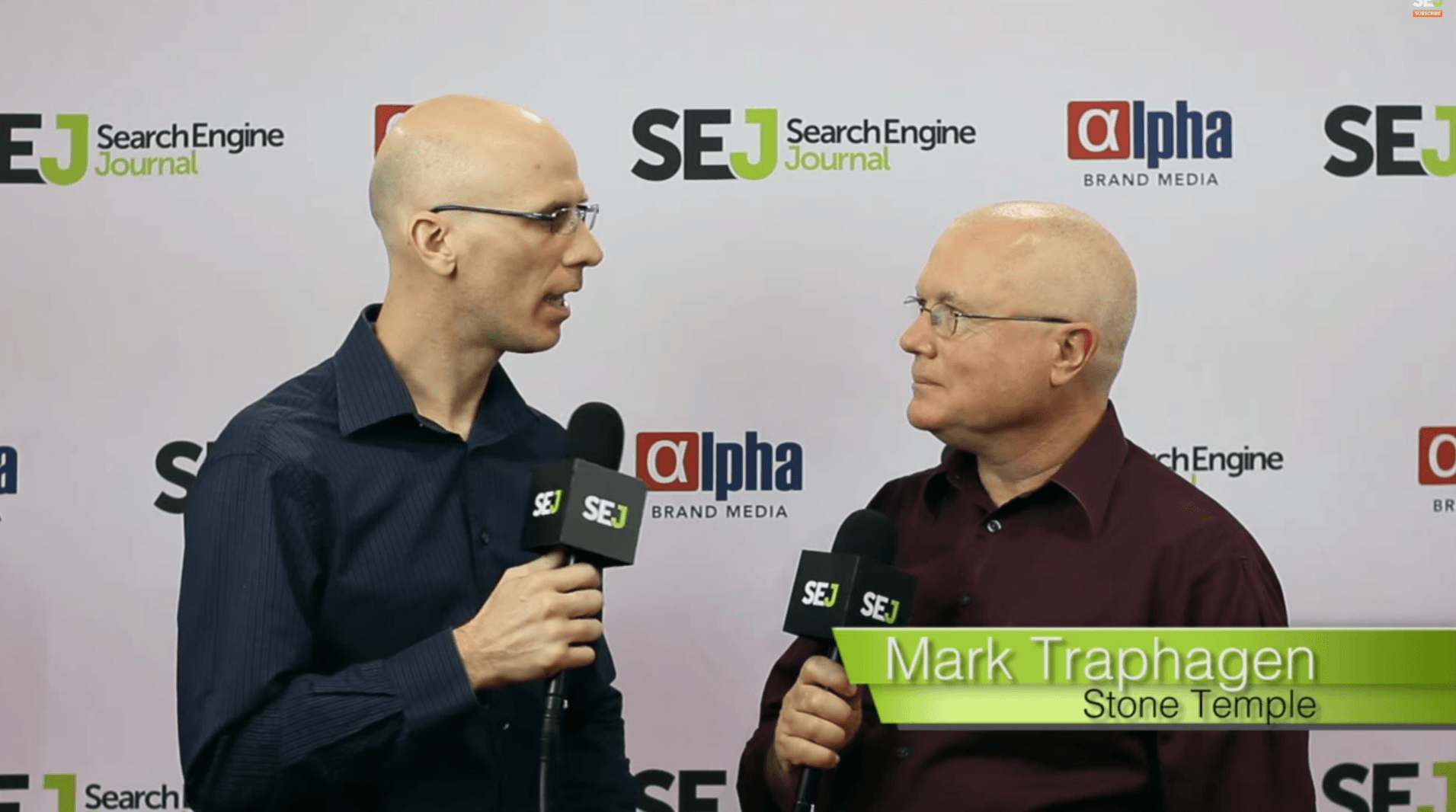A big thanks to our Pubcon 2014 sponsor, LinkResearchTools, your off-page SEO toolkit and Link Detox: Recover – Protect – Build.
At Pubcon 2014 in Las Vegas I had the opportunity to speak with Mark Traphagen of Stone Temple Consulting about the future of Google Authorship.
Since Google Authorship was introduced, it has been considered an important component to content marketing. Recently, we have seen Google de-emphasizing Authorship in the SERPs with the removal of photos, as well as making a statement about not continuing with the Authorship project.
Mark is a renowned Google+ expert with a tremendous amount of insight into what’s going on with Authorship. In the video below, I pick Mark’s brain about why Google decided to pull back on Authorship and why they made their most recent statement about it.
https://www.youtube.com/watch?v=r7j5FUhpVm8
Here are some key takeaways from the video:
- The official reason for Google’s pull back on Authorship is that it wasn’t delivering the value to searchers Google initially hoped for.
Mark speculates another reason for Google pulling back on Authorship was the adoption rate was very low. That means Google was working with an incomplete signal. - Another possible reason for Google pulling back on Authorship, Mark speculates, is that Google was not quite ready to say “We are sure that content from a given author is high quality.”
- However, Mark admits Google was making strides towards accomplishing the above point. In December, Google introduced two classes of Authorship where some authors had their photos displayed in the SERPs and others didn’t. But Mark adds perhaps Google felt they weren’t quite ready to do that after a while.
- One of the barriers to Authorship adoption was the fact that it relied on publishers to properly mark up their own content with a special code, which most didn’t do.
- Going forward, Mark believes Google’s focus is going to be on semantic search where Google is trying to train its algorithm to be able to recognize entities and connect them together without humans having to intervene.
- What we’re seeing now, Mark explains, is a pull back from a too-public experiment (Authorship) into something that Google can quietly work on and perfect over the next several years (semantic search).
- Even with the end of Authorship, Mark contends that being able to identify influential authors is still very important to Google, which is evident by the fact that Google still returns author info when you’re signed in to Google+. When signed in to G+, relevant content from your connections will be elevated in the SERPs complete with an old-fashioned authorship photo.
- Mark concludes his thoughts by saying that what Google learned with its Authorship project will be used to help its algorithms be able to use various signals to identify an author by their content. Once Google can do that, then they can determine how authoritative an author is and perhaps boost his or her content accordingly.
Please visit SEJ’s YouTube page for more video interviews.




